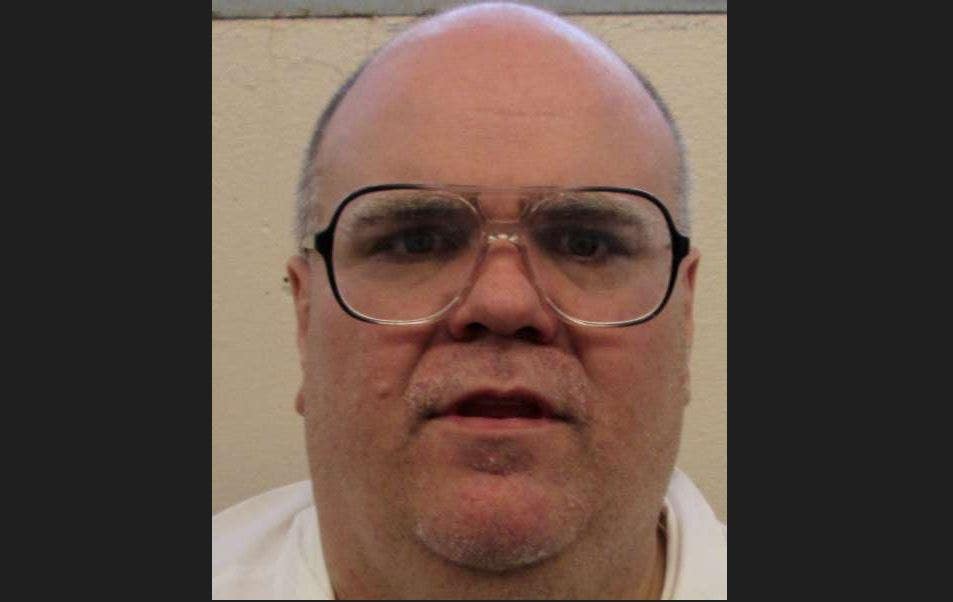Alabama has scheduled a second execution using nitrogen gas, with Gov. Kay Ivey setting a Sept. 26 execution date for Alan Eugene Miller, who was convicted of killing three men during a 1999 workplace shooting. This follows a previous attempt with lethal injection in 2022 where Miller survived. The use of nitrogen gas for executions is a response to the increasing difficulty in obtaining the drugs needed for lethal injections, which is the most common method in the United States. The Alabama Supreme Court has authorized the execution, despite ongoing legal challenges from Miller’s attorneys who claim the method is a violation of the constitutional ban on cruel and unusual punishment.
In January, Kenneth Smith was the first person to be executed in Alabama using nitrogen gas. Smith’s execution was marked by shaking and convulsions for several minutes, raising concerns about the effectiveness and humaneness of this method. Despite this, Attorney General Steve Marshall maintains that Smith’s execution was successful and that the state plans to carry out more death sentences using nitrogen gas. Miller’s attorneys are expected to ask a federal judge to block the execution from moving forward, citing concerns about the secrecy and lack of public scrutiny surrounding the use of nitrogen gas in executions.
Miller has been on death row since 2000, following his conviction for the workplace shootings that resulted in the deaths of Terry Jarvis, Lee Holdbrooks, and Scott Yancy. The governor’s office confirmed that Miller’s execution will proceed with nitrogen gas as the method, despite the ongoing legal challenges. The state argues that it is time to carry out Miller’s sentence, given the length of time he has been on death row. The use of nitrogen gas for executions represents a shift in response to the challenges faced by states in obtaining the drugs needed for lethal injections, which have become increasingly scarce in recent years.
The move by Alabama to schedule a second execution using nitrogen gas comes in the wake of ongoing legal challenges and concerns raised about the use of this method. The choice of nitrogen gas as an alternative to lethal injections reflects the complexities faced by states in carrying out death sentences, as they struggle to obtain the drugs needed for traditional execution methods. Miller’s case highlights the ethical and moral considerations involved in capital punishment, as well as the ongoing debate about the constitutionality of certain execution methods. The upcoming execution of Alan Eugene Miller will be a test case for the use of nitrogen gas in Alabama and could have broader implications for the future of capital punishment in the state and beyond.


